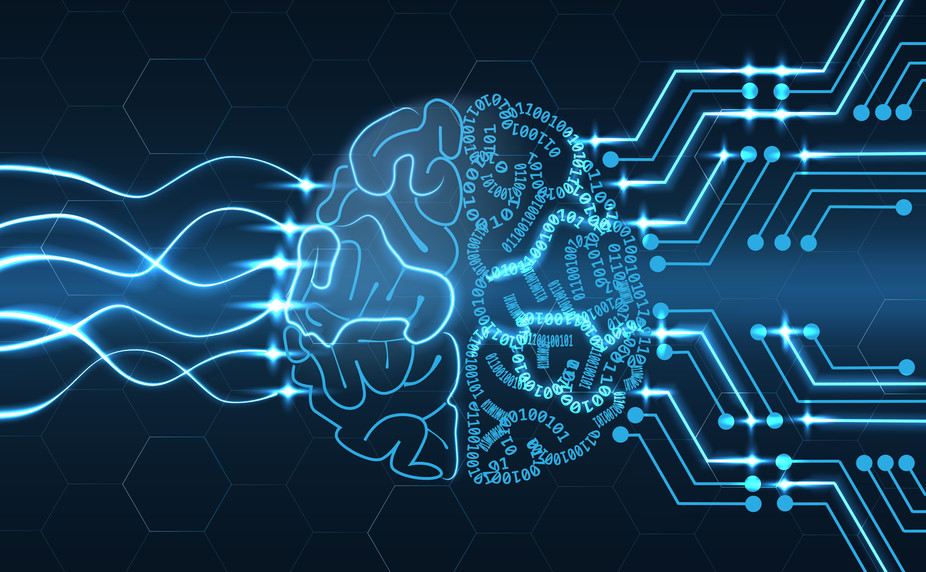
The jobs most susceptible to AI takeover fall into a few key categories:
1. Repetitive and Rule-Based Tasks: Jobs requiring repetitive data entry, manual calculations, or predictable decision-making are prime candidates for automation. AI algorithms can excel in these areas, completing tasks faster and with greater accuracy. Examples include data entry clerks, loan processors, and assembly line workers.
2. Administrative and Customer Service Roles: AI-powered chatbots are already replacing human agents in call centres and customer service departments. These bots can handle routine inquiries and provide basic support, reducing the need for human employees.
3. Data Analysis and Interpretation: AI algorithms can analyze vast datasets and uncover trends that would be impossible for humans to identify. This can lead to job losses for data analysts, financial analysts, and other professionals whose work involves large-scale data analysis.
4. Transportation and Logistics: Self-driving cars and trucks threaten to disrupt the trucking and taxi industries, potentially leading to significant job losses for drivers. Additionally, AI-powered logistics systems can automate tasks currently performed by warehouse workers and delivery personnel.
5. Manufacturing and Production: Robots and AI-powered systems are increasingly being used in manufacturing, replacing human workers in tasks like assembly, welding, and painting. This trend is likely to continue, especially in industries with high-volume production.
6. Creative Fields: While many initially believed AI wouldn't touch creative fields, recent advancements show otherwise. AI is now capable of writing articles, generating music, and even designing graphics, posing a potential threat to writers, artists, and designers.
The impact of AI on employment will undoubtedly be significant, but it's not solely a bleak picture. While some jobs will be lost, new opportunities will also arise. The skills required to work alongside and manage AI systems will be in high demand. Additionally, AI could free up human workers to focus on more creative and strategic tasks.
To navigate this transition effectively, proactive measures are crucial. Governments, businesses, and individuals must work together to:
Ultimately, the future of work will depend on our ability to prepare for and manage the impact of AI. By embracing the opportunities and mitigating the challenges, we can harness the power of AI to create a more prosperous and equitable future for all.

 🕑 28 Oct, 2025 04:46 PM
🕑 28 Oct, 2025 04:46 PM
8th Pay Commission constituted. ToR Approved, Effectively Jan 2026
 🕑 02 Jul, 2025 10:03 AM
🕑 02 Jul, 2025 10:03 AM
Commutation Relief In Sight? Panel Likely To Review 15-Year Deduction Rule
 🕑 12 Jun, 2025 08:12 AM
🕑 12 Jun, 2025 08:12 AM
8th Pay Commission: Uncertainty Looms as Employees Await Terms of Reference
 🕑 24 Apr, 2025 10:21 PM
🕑 24 Apr, 2025 10:21 PM
Staff Side constitutes panel for drafting memorandum to 8th CPC when formed
 🕑 24 Apr, 2025 10:17 PM
🕑 24 Apr, 2025 10:17 PM
8th Pay Commission likely to be set up by mid May
 🕑 09 Apr, 2025 10:27 AM
🕑 09 Apr, 2025 10:27 AM
Loan EMIs to get Cheaper as RBI cuts Repo Rate sgain | See the benefit
 🕑 09 Jun, 2025 08:25 AM
🕑 09 Jun, 2025 08:25 AM
📢 UPS vs NPS: The Retirement Dilemma Facing 27 Lakh Government Employees
 🕑 04 Apr, 2025 04:46 PM
🕑 04 Apr, 2025 04:46 PM
NPS To UPS Switch from April 1: A Detailed Look at the Option to Switch
 🕑 30 Mar, 2025 11:01 AM
🕑 30 Mar, 2025 11:01 AM
8th Pay Commission implementation may get delayed till 2027 – Here’s why
 🕑 27 Mar, 2025 10:25 PM
🕑 27 Mar, 2025 10:25 PM
7th CPC wanted a permanent pay panel, end DA revision twice
 🕑 27 Mar, 2025 08:43 AM
🕑 27 Mar, 2025 08:43 AM
8th Pay Commission: What Kind Of Salary Hike Can Be Staff Expected?
 🕑 20 Mar, 2025 08:24 AM
🕑 20 Mar, 2025 08:24 AM
Why the commuted pension is restored after 15 years, not 12 years
 🕑 17 Mar, 2025 08:37 AM
🕑 17 Mar, 2025 08:37 AM
📈 Expected Dearness Allowance (DA) from January 2026 Calculator